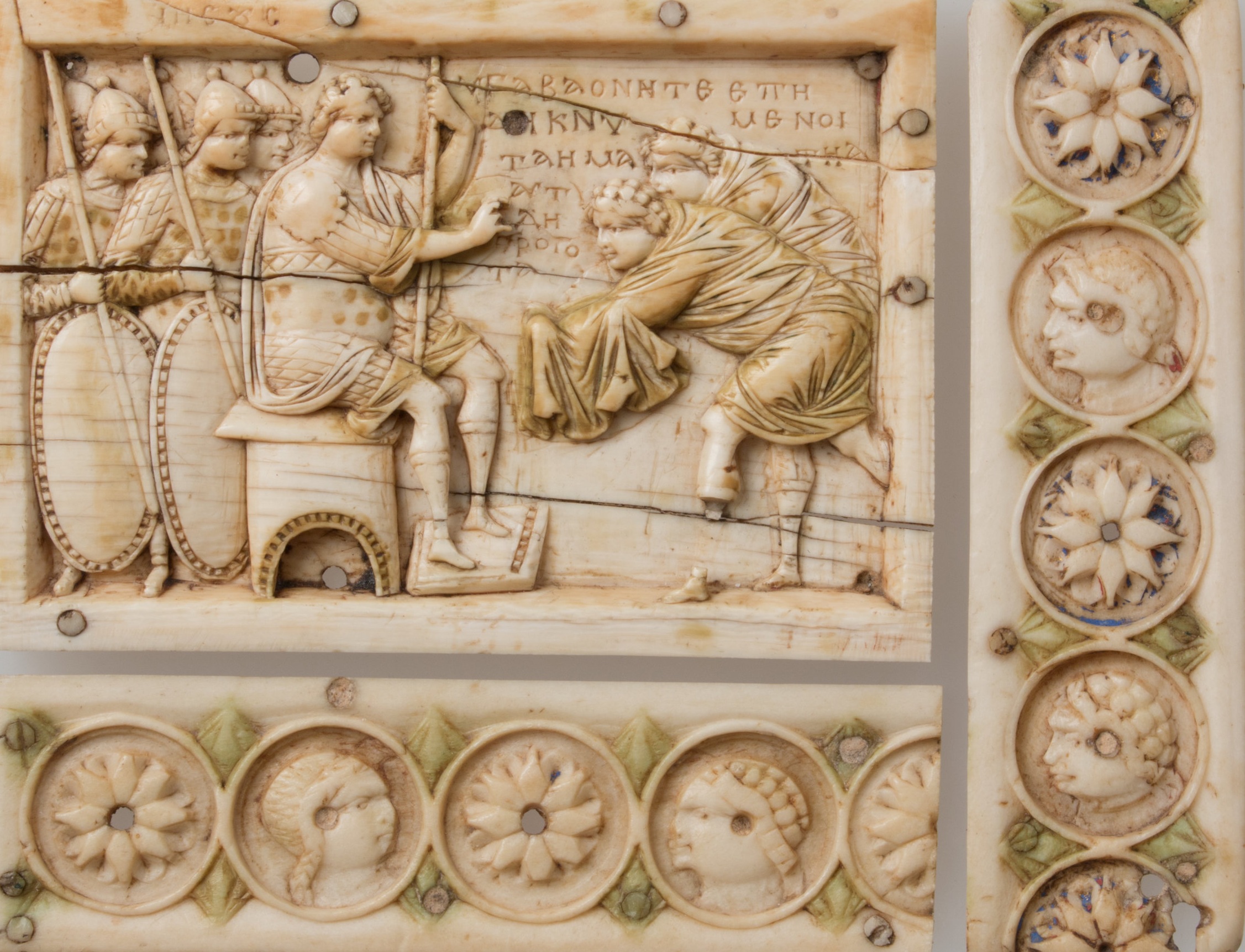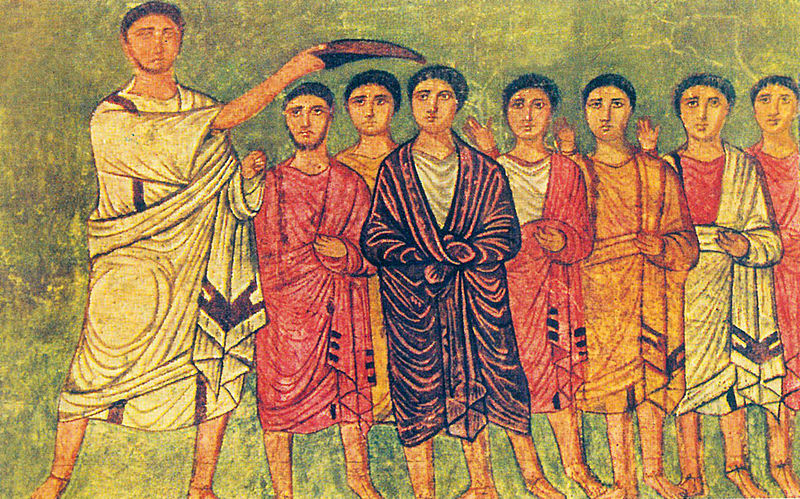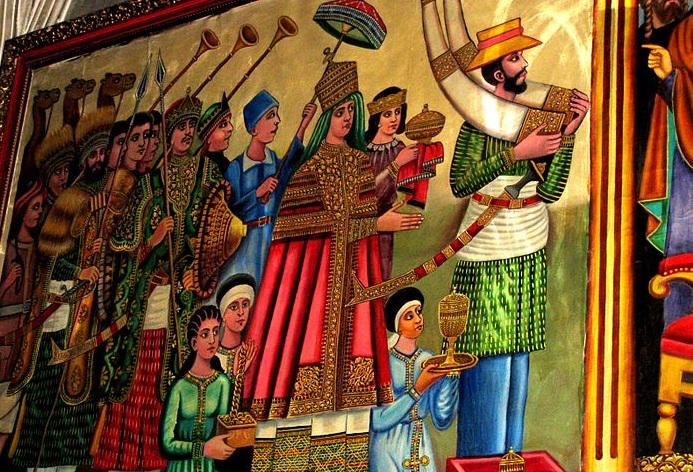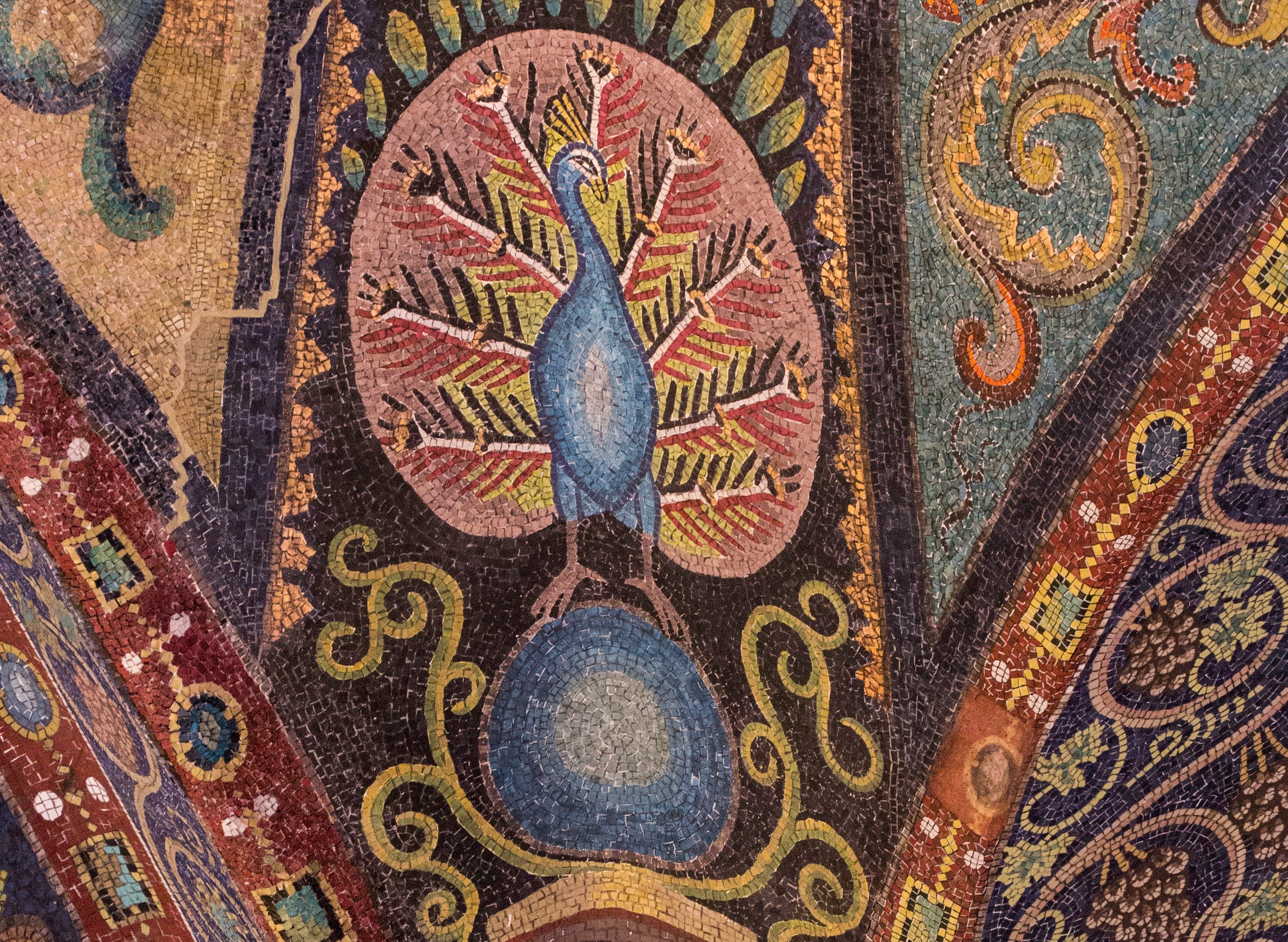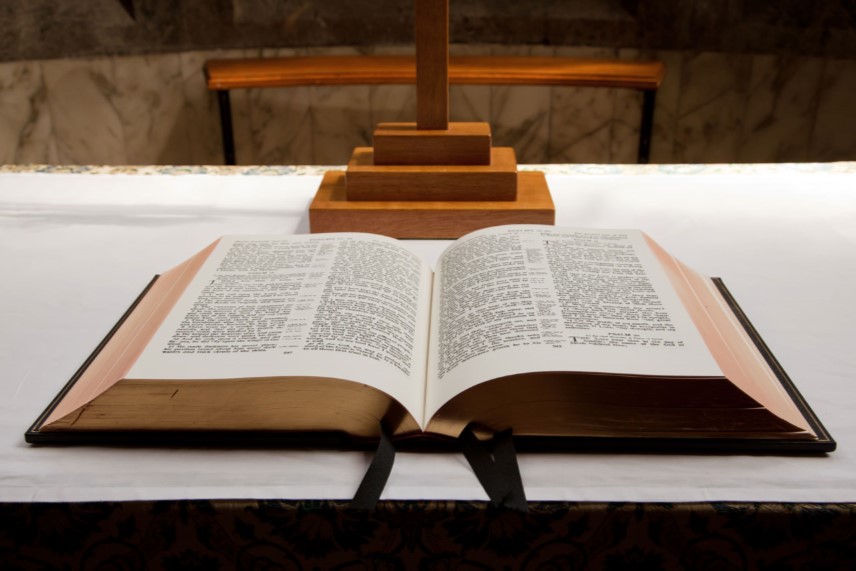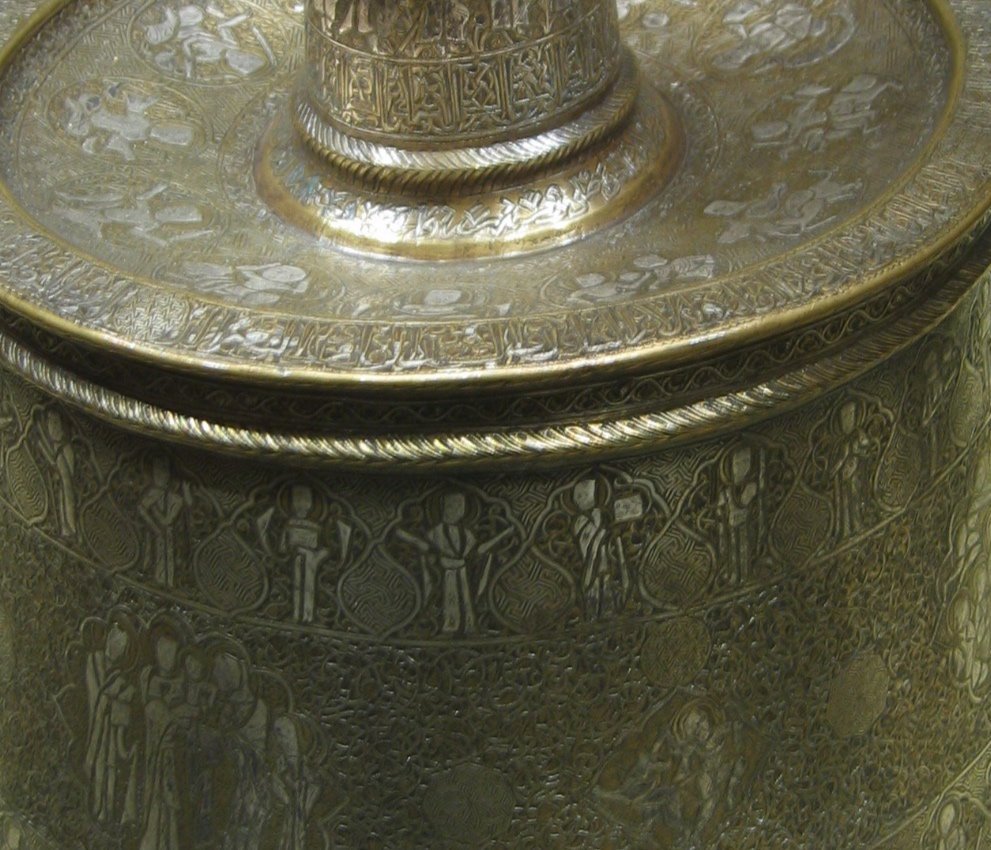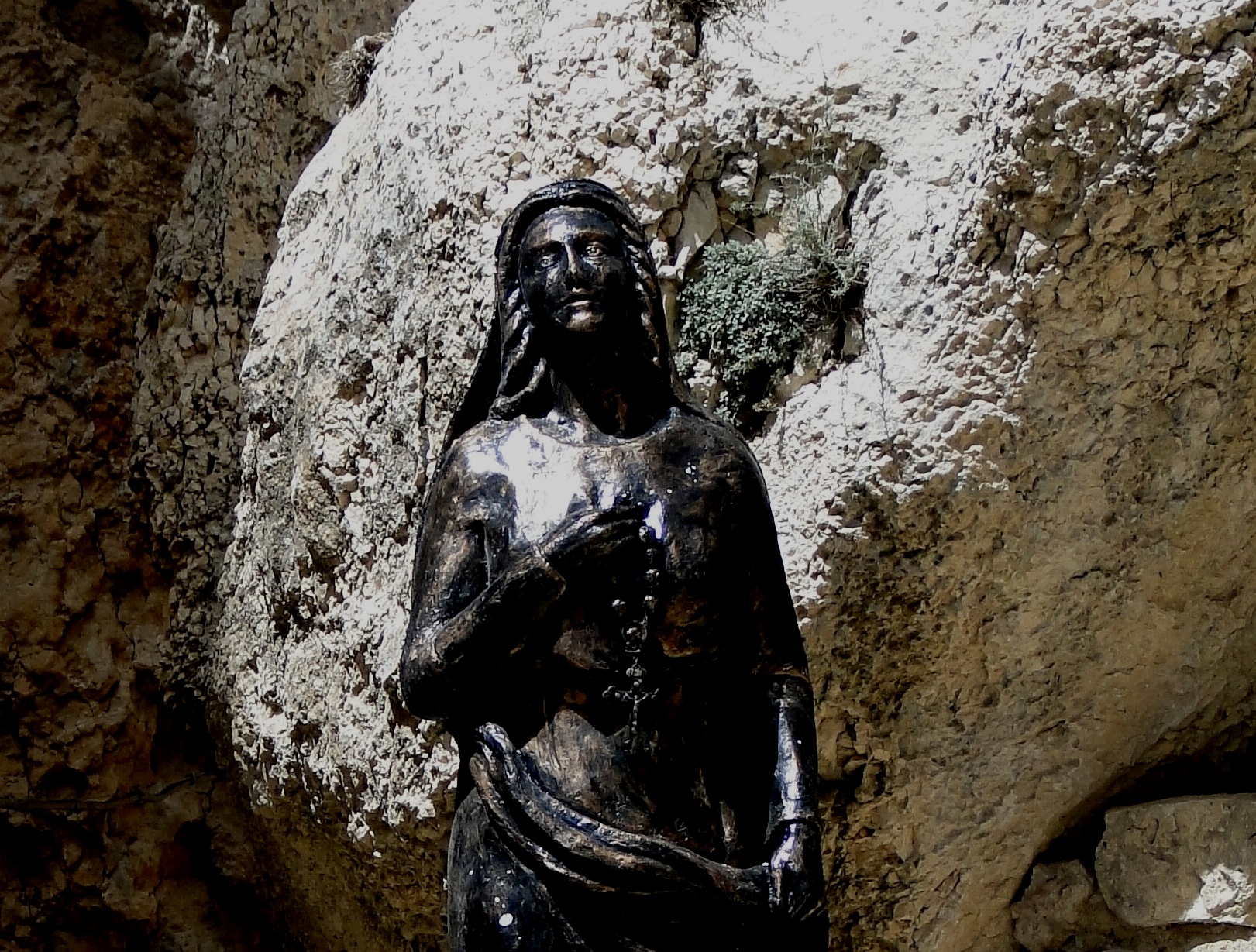The Twelve Minor Prophets
Bible Studies, Messages, Papers on the Book of the Twelve
Photograph: The Treisar is the Hebrew name for the Book of the Twelve Minor Prophets. Michelangelo's painting of the prophet Joel on the ceiling of the Sistine Chapel, 1509 AD. Jonah was a popular artistic figure for the early Roman Christians, who saw themselves as emerging from the catacombs in order to preach to the city, much like Jonah emerged from the whale to preach to Nineveh, which can be seen here, dated to the 300's - 400's. Photo credit: Web Gallery of Art | Public Domain, Wikimedia Commons.
Below are messages, small group leader notes, and exegetical notes on the Book of the Twelve Minor Prophets.
Messages on the Book of the Twelve
Jonah 4 Running Away from God's Mission
Micah 4:1 - 5:15 God Will Be Our King
Micah 5:2 - 5 God Remembers the Forgotten (Neighborhood Church of Dorchester, Dec 19, 2021) Advent week 4 (Love) also Luke 1:39 - 45
Haggai Build the House of God
Small Group Leader Notes on the Book of the Twelve
Zechariah 9 The Coming of Israel's King
Zechariah 10 The King Will Regather the People
Malachi The Theme of Fire in Malachi
Notes and Essays on the Book of the Twelve
A Thematic and Canonical Analysis of the Book of the Twelve (TBD)
Other Resources on the Book of the Twelve
Robert Alter and Frank Kermode, The Literary Guide to the Bible. Harvard University Press | Amazon page, Sep 1, 1990. Very helpful insights, book by book.
John Sailhamer, Introduction to Old Testament Theology: A Canonical Approach. Zondervan | Amazon page, Oct 14, 1999. Links Amos and Obadiah through the topic of the Edomites.
Thomas L. LeClerc, Introduction to the Prophets: Their Stories, Sayings, and Scrolls. Paulist Press | Amazon page, 2007, 2017.
Christopher Seitz, Prophecy and Hermeneutics: Towards a New Introduction to the Prophets. Baker Academic | Amazon page, Aug 1, 2007.
Christopher Seitz, The Goodly Fellowship of the Prophets: The Achievement of Association in Canon Formation. Baker Academic | Amazon page, Oct 1, 2009. How the twelve minor prophets are related, literarily.
Marg Mowczko, God on Divorce (Malachi 2:16). Marg Mowczko, May 21, 2016.
“The Hebrew of Malachi 2:16 is not straightforward. The Septuagint, the ancient Greek version of the Old Testament, is somewhat easier to understand and uses second person language: “If you hate [and] send away/divorce …” which makes it clearer that God is speaking about someone else and God is not the one doing the hating.”
Richard Beck, The Most Controversial Verse in the Bible, Part 1: Exodus in the Plural. Experimental Theology, Feb 20, 2024. Amos 9:7 shows that the Sinai covenant, not the Exodus per se, is what made Israel unique.
The Exodus is what made Israel Israel, what made them distinct and special. Consequently, the provocation of Amos 9:7 is its attempt to to relativize, undermine, and marginalize Israel's specialness by relativizing, undermining, and marginalizing the Exodus. Let's see how Amos does this. To start, God, through Amos, asks Israel a question: "Israelites, are you not like the Cushites to me?" The obvious answer is, "Of course not! We, the children of Israel, are not like the Cushies. We are Israel, the chosen people." But Amos' question is a set up. Having tricked Israel into her initial answer, Amos leads them further into the trap with a follow-up question: “Did I not bring Israel from the land of Egypt?” And the answer is, "Of course! The Exodus is what made us God's chosen people." And at this moment--Israel re-convinced of her specialness in light of the Exodus--Amos springs his trap: “...and the Philistines from Caphtor, and the Arameans from Kir?”
What we have here, in the words of Walter Brueggemann, is "Exodus in the plural." Amos suggests that Israel's Exodus wasn't so special after all. Apparently, God performed an exodus for both the Philistines and the Arameans. What Israel thought made them unique and distinctive is something God had done for others. There wasn't one Exodus, but many. Exodus in the plural. The implication of this news is deeply destabilizing.

